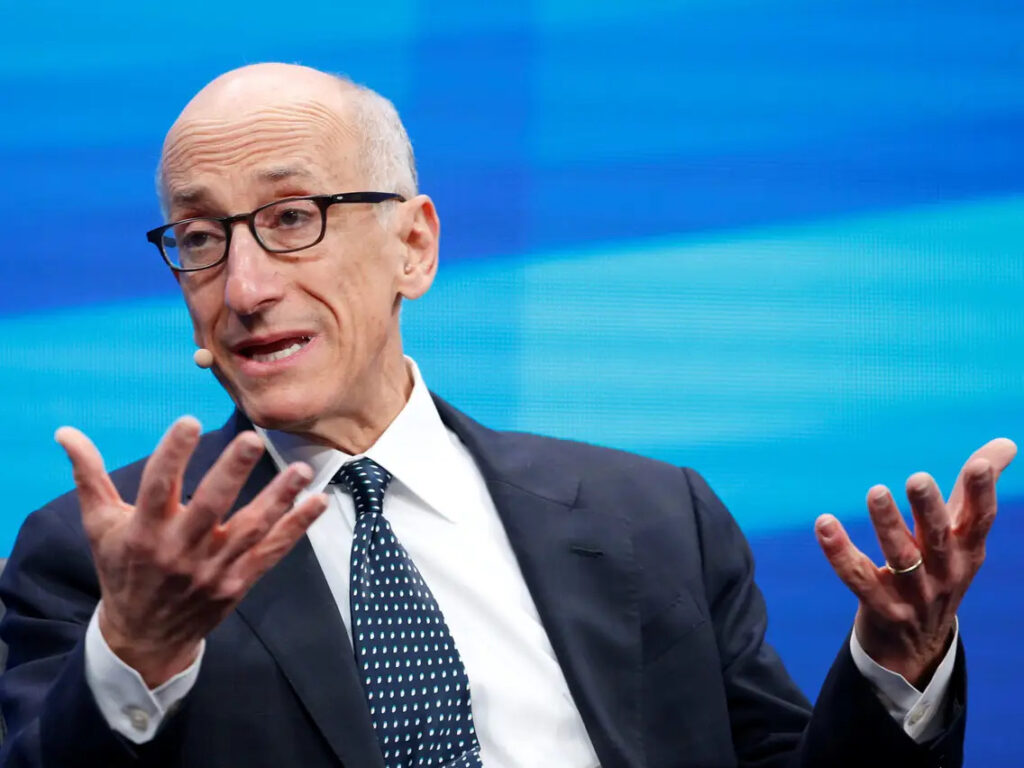Timothy Massad, the former chairman of the United States Commodity Futures Trading Commission (CFTC), has emphasized the significance of stablecoins and urged regulators not to dismiss their potential. In a recent interview with CNBC, Massad highlighted its role as a bridge between the crypto world and the real world, urging governments to pay attention to their utility and not view them as a transient trend.
Stablecoins as a Viable Bridge

During the WebX conference in Tokyo, former CFTC chairman Timothy Massad spoke about the importance of recognizing stablecoins as a vital link between the world of cryptocurrencies and traditional financial systems. He stressed that regulators should not underestimate their long-term value and instead should address the risks associated with stablecoins in a proactive manner. Massad’s advocacy for its aligns with his previous calls for cohesive collaboration between the CFTC and the U.S. Securities and Exchange Commission (SEC) in regulating digital assets.
Read more: Binance Seeks Dismissal of CFTC Complaint Over Derivatives Trading Operation
The United States Government Accountability Office (GAO) also released a report supporting interagency cooperation on crypto regulations, emphasizing the need for a comprehensive approach to stablecoin governance. Massad believes that if the U.S. were to develop its own stablecoin, it could lead other countries to follow suit, fostering competition and potentially creating faster and more efficient payment mechanisms in the country.
The Impact on Financial Institutions

Besides facilitating faster payment systems, stablecoins are already pushing banks to reconsider their operational processes and explore opportunities for improvement. Massad contends that the competition brought about by the tokens can be advantageous if the risks associated with them are adequately addressed. He has previously criticized the U.S. for not moving quickly enough to develop a central bank digital currency (CBDC), recognizing the potential benefits it could bring to the financial system.
Conclusion
As the debate over crypto regulations continues in the U.S., former CFTC chairman Timothy Massad’s advocacy for stablecoins as a bridge between the crypto and real-world economies offers valuable insights. Encouraging regulators to address the risks associated with it while recognizing their transformative potential could pave the way for more inclusive and innovative financial systems in the future. As the world of digital assets evolves, finding the right balance between regulation and innovation will be crucial to unlocking the full potential of stablecoins and other crypto-related technologies.






